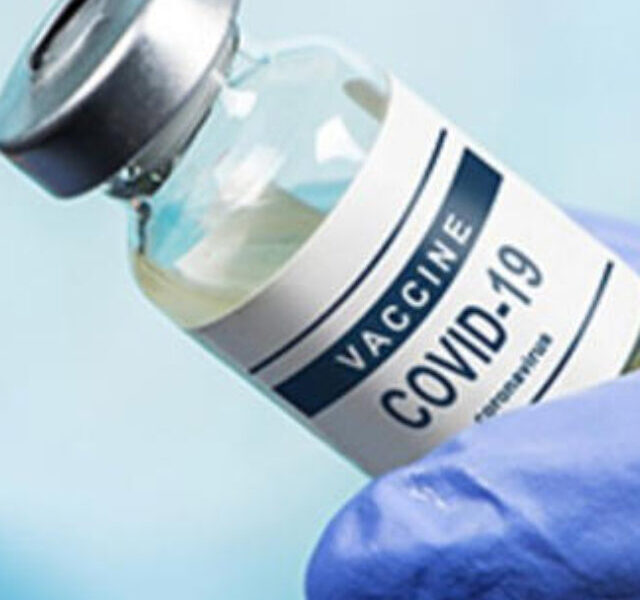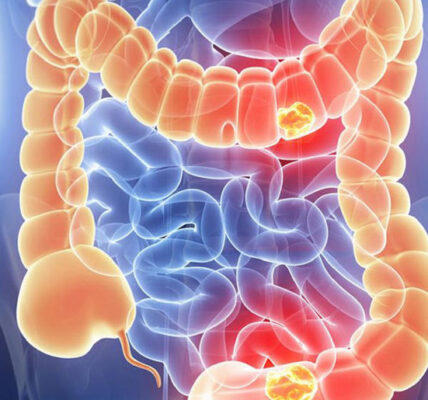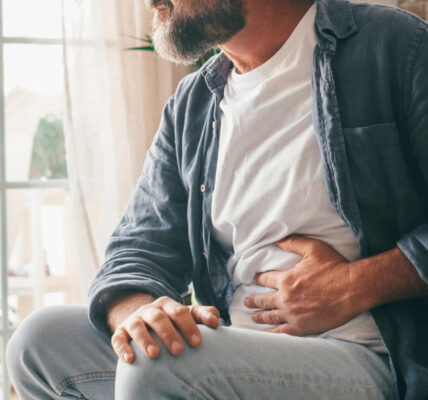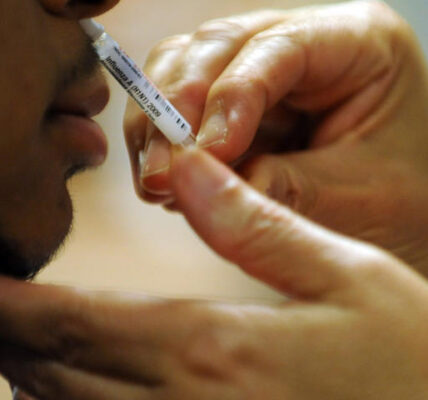Covid Vaccine Compensation Claims have surged as nearly 14,000 Britons seek payments for alleged injuries caused by the vaccine. This blog explores the rising claims, notable cases, and government responses.
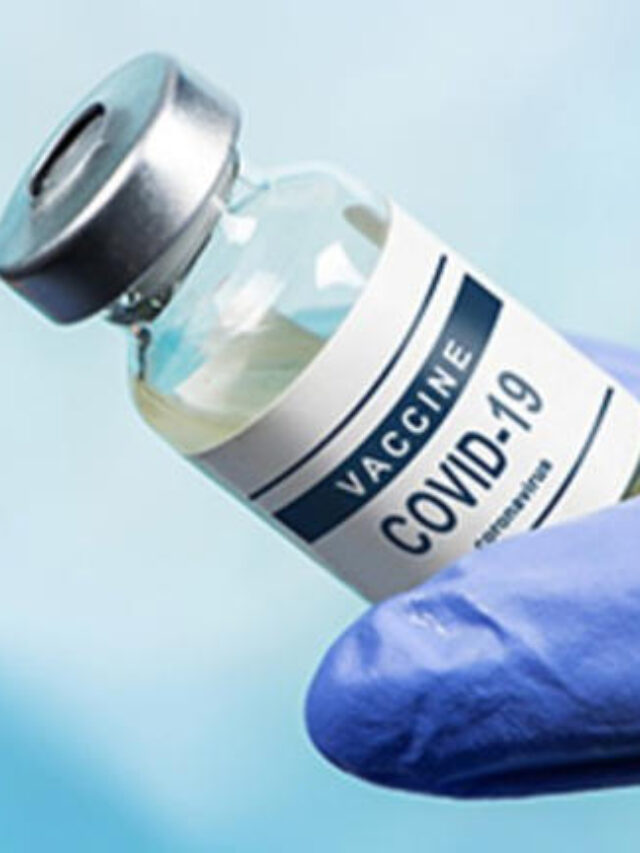
© Getty Images
Covid Vaccine Compensation Claims: An Overview
Covid Vaccine Compensation Claims have become a significant issue in Britain, with nearly 14,000 people applying for payments from the government. These claims arise from allegations of serious health issues linked to Covid vaccines. According to recent data obtained through Freedom of Information requests, the types of injuries reported include strokes, heart attacks, dangerous blood clots, spinal cord inflammation, and facial paralysis.
The Dominance of AstraZeneca-Related Claims
A staggering 97 percent of these Covid Vaccine Compensation Claims are related to the AstraZeneca vaccine. Only a small fraction involve the Pfizer or Moderna vaccines. Since the Vaccine Damage Payment Scheme (VDPS) was established in 1979, it has received around 16,000 applications, with Covid vaccine claims now making up the bulk of this total.
A Personal Story: The Sanders Family
One compelling case involves Seb Sanders, a British champion flat race jockey, and his wife, Leona. After receiving three Covid jabs—two AstraZeneca and one Pfizer—Leona experienced severe health problems. These included transverse myelitis, a condition that causes inflammation of the spinal cord, which she developed after her third vaccine dose.
Mr. Sanders has expressed deep frustration over their rejected compensation claim. He believes Leona’s condition, which rapidly worsened after receiving the vaccines, should be linked to the shots. Despite their efforts, their claim was turned down, leaving them struggling with the consequences.
Government Responses to Compensation Claims
The government has faced considerable criticism regarding the handling of Covid Vaccine Compensation Claims. The VDPS, while providing a one-time payment of £120,000 to successful claimants, has only awarded payments to fewer than two percent of applicants. The majority of claims—more than 5,500—have been rejected, with some applicants deemed “not disabled enough” to meet the scheme’s criteria, which requires 60 percent disability.
The VDPS is not officially a compensation scheme but is intended to provide some financial support to those who have suffered significant health impacts. Despite this, the process for receiving payments has been complex and contentious.
Vaccine Safety and Withdrawal
The AstraZeneca vaccine, which has been linked to many of the Covid Vaccine Compensation Claims, was used extensively in the UK. However, due to concerns about rare clotting cases, its use was halted in several countries by March 2021. The UK continued to recommend it for some time, leading to further scrutiny and criticism as the claims mounted.
AstraZeneca has since acknowledged that its vaccine can cause vaccine-induced thrombosis in rare cases. The company began withdrawing the vaccine globally as newer vaccines became available. Despite this, AstraZeneca received legal indemnity early in the pandemic, meaning any successful civil claims would be covered by UK taxpayers rather than the company.
Pfizer’s Stance on Vaccine Safety
Pfizer, another major vaccine provider, has also faced scrutiny. The company stresses that its vaccine has a positive benefit-risk profile, even though adverse events are taken seriously. Pfizer emphasizes that extensive monitoring and reporting systems are in place to track and address any potential safety concerns.
Administrative Challenges and Improvements
The surge in Covid Vaccine Compensation Claims has led to significant administrative challenges. The NHS Business Services Authority, which manages the VDPS, increased its staff from four to 80 to handle the influx of claims. Despite this, many people are still waiting over a year for decisions on their applications.
The NHS Business Services Authority has committed to reviewing and improving the claims process to better support claimants. This includes ongoing efforts to enhance the way claims are managed and ensure a more efficient service.
Conclusion
The rise in Covid Vaccine Compensation Claims highlights the complex and challenging nature of addressing vaccine-related injuries. While the vast majority of vaccine recipients have experienced no severe side effects, the cases of those who have suffered significant harm underline the importance of thorough and compassionate handling of claims. The ongoing debate over vaccine safety and the adequacy of the VDPS reflects the broader discussions about the balance between vaccine benefits and potential risks. As the situation evolves, it remains crucial to address these issues transparently and support those affected by adverse vaccine reactions.
ALSO READ:
Universal Flu Vaccine Breakthrough: 3 Alarming Reasons Why It Might Fail
